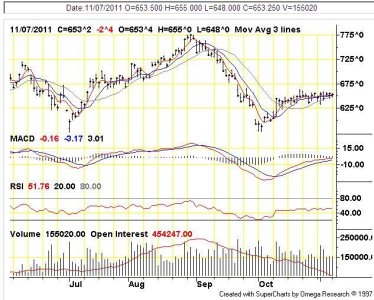http://www.sciencedaily.com/releases/2009/12/091214101408.htm
[h=1]Ethanol-Powered Vehicles Generate More Ozone Than Gas-Powered Ones[/h]
http://www.sciencedaily.com/releases/2007/04/070418072616.htm
[h=1]Ethanol Vehicles Pose Significant Risk To Health, New Study Finds[/h]
http://www.tccsa.tc/adventure/renewable_oil.pdf
http://www.321energy.com/editorials/bainerman/bainerman083105.html
Unbeknownst to Westerners, there have actually been for quite some time now two competing theories concerning the origins of petroleum. One theory claims that oil is an organic 'fossil fuel' deposited in finite quantities near the planet's surface. The other theory claims that oil is continuously generated by natural processes in the Earth's magma.
One of the world's leading advocates for the theory that hydrocarbons are renewable is Dr. Thomas Gold who contends that oil is not a limited resource, and that oil, natural gas and coal, are not so-called “fossil fuels.”
and I have posted many other sites on other threads of this forum maybe even this one about renewable oil.
one should really read this book
http://www.lawfulpath.com/ref/greening.shtml
Please read this incredible revelation a second, and maybe even a third, time. For this admission will help you understand Lewin's following comment and 40-plus years of history." ...[It explains, or certainly appears to explain, aspects of American policy otherwise incomprehensible by the ordinary standards of common sense."]
After exploring a whole range of "substitute" possibilities, such as a war on poverty, space research, even "the credibility of an out-of- our-world invasion threat," the Special Study Group reports and Doe recites." It may be, for instance, that gross pollution of the environment can eventually replace the possibility of mass destruction by nuclear weapons as the principal apparent threat to the survival of the species. Poisoning of the air, and of the principal sources of food and water supply, is already well advanced, and at first glance would seem promising in this respect; it constitutes a threat that can be dealt with only through social organization and political power. But from present indications it will be a generation to a generation- and-a-half before environmental pollution, however severe, will be sufficiently menacing, on a global scale, to offer a possible basis for a solution."
I hope you didn't skim over the preceding paragraph. It explains, with almost unbelievable boldness, that environmental concerns were an almost perfect replacement for war, but it would take a generation or a generation-and-a-half (that is, 20 to 30 years) to bring this about. Remember, we are talking about a report circa 1967. The time frame is now complete, as evidenced by an article in the March 20, 1990, Seattle Post-Intelligencer. The front-page headline says, "Pollution a 'ticking time bomb,' conference warned." Datelined Vancouver, B.C., the lead paragraph read, "Environmental destruction is a 'ticking time bomb' that poses a 'more absolute' threat to human survival than nuclear annihilation during the Cold War, former Norwegian Prime Minister Gro Harlem Brundtland told an international environment conference here."


